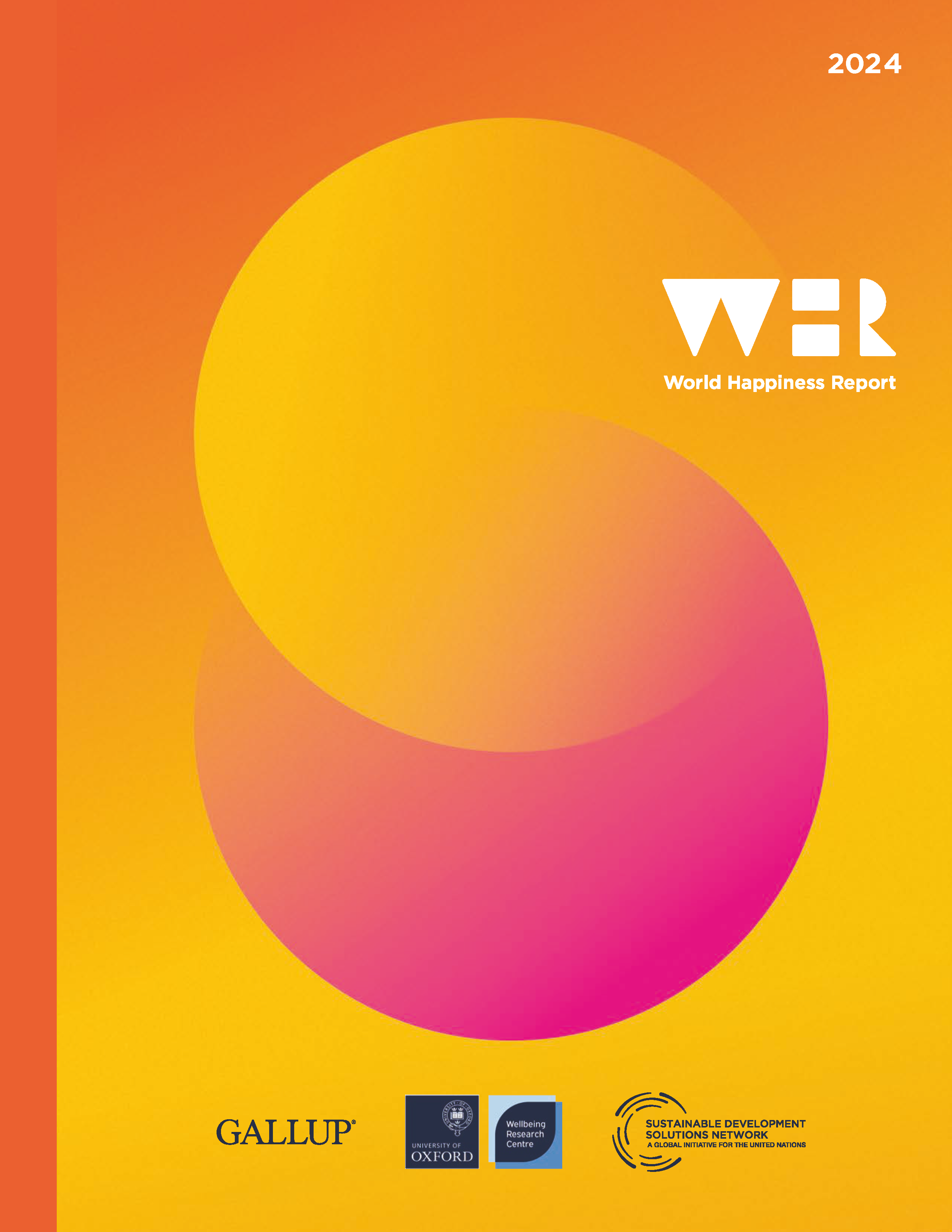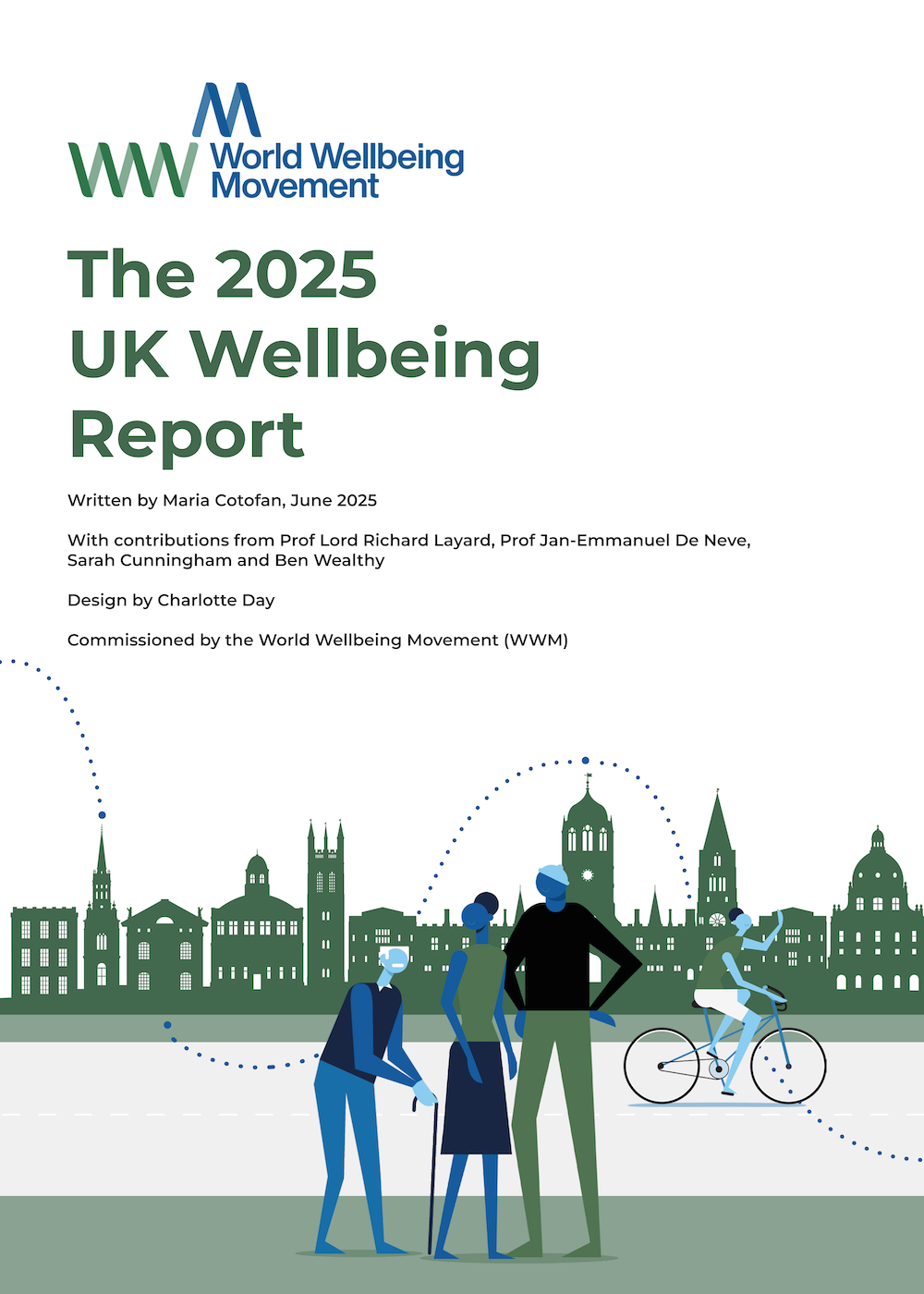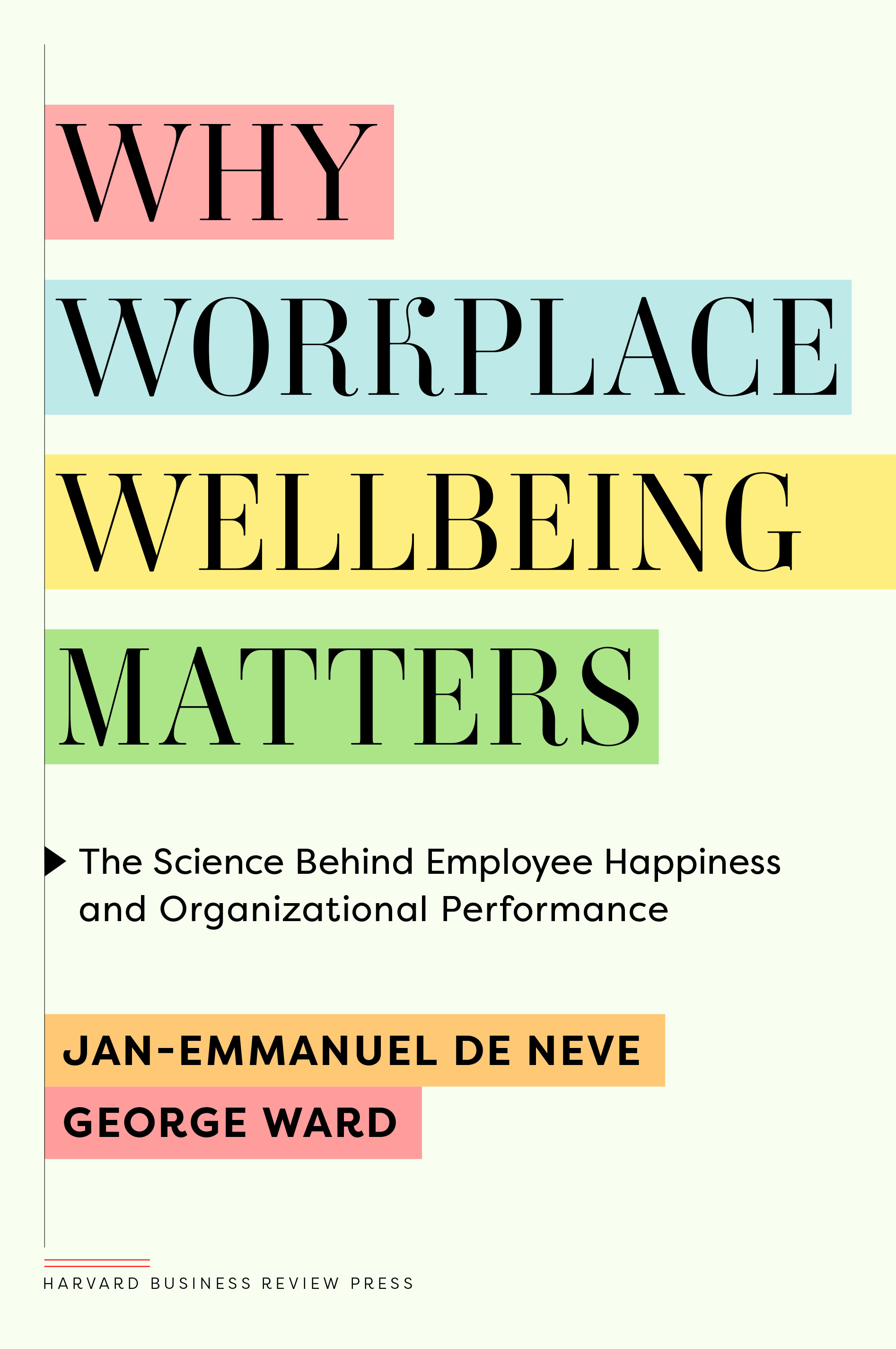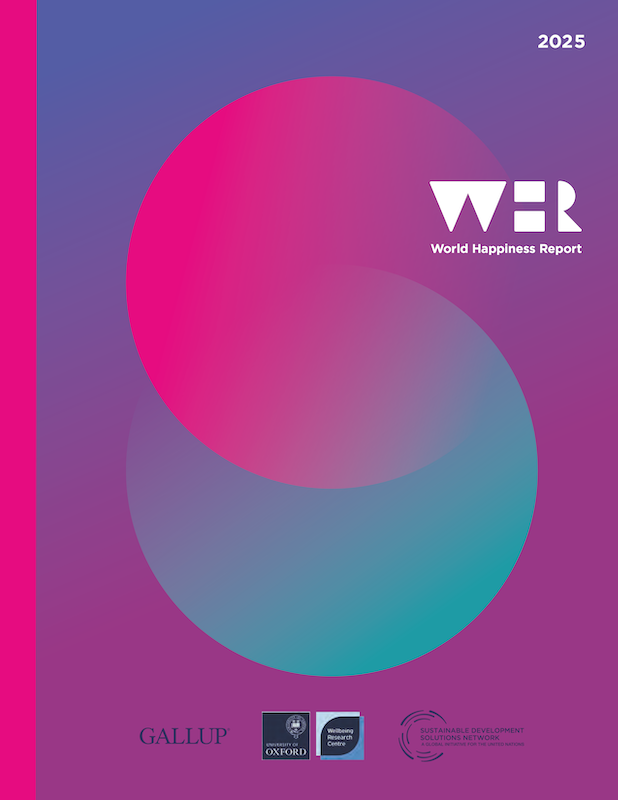
Supporting the Well-being of an Aging Global Population: Associations between Well-being and Dementia
World Happiness Report 2024
Karysa Britton, Kyrsten C. Hill and Emily C. Willroth
By the year 2050, the World Health Organization estimates that the global population of people 65 and older will double (see Figure 4.1 for historic population growth of older adults by world region). As the global population of older adults continues to rise, the number of people living with dementia is also expected to grow, reaching approximately 139 million dementia cases by the year 2050. Dementia is an age-related clinical syndrome that results in progressive or persistent loss of memory and thinking abilities, which in turn can negatively impact well-being. Given that there is currently no cure for dementia and biomedical treatments remain limited, it is vital to evaluate and implement non-pharmacological dementia prevention strategies. A growing body of evidence suggests that well-being may be a promising target for dementia prevention efforts, given its associations with better cognitive health and lower dementia risk. However, dementia prevention science is still a long way away from preventing all dementia cases. Thus, it is also crucial to evaluate and implement strategies to support the well-being of people living with dementia and their care partners.
In this chapter, we begin by reviewing evidence for well-being as a potential prevention target that may reduce the risk for dementia, in turn promoting continued well-being in later life. Then, we review evidence for strategies to increase the well-being of people living with dementia. Throughout the chapter, we consider evidence from international data sources and describe innovative dementia care models from around the world. We conclude by discussing how these research findings can inform policy to support the well-being of an aging global population.
The World Happiness Report is a partnership of Gallup, the Oxford Wellbeing Research Centre, the UN Sustainable Development Solutions Network, and the WHR’s Editorial Board. The report is produced under the editorial control of the WHR Editorial Board.
From 2024, the World Happiness Report is a publication of the Wellbeing Research Centre at the University of Oxford, UK.






